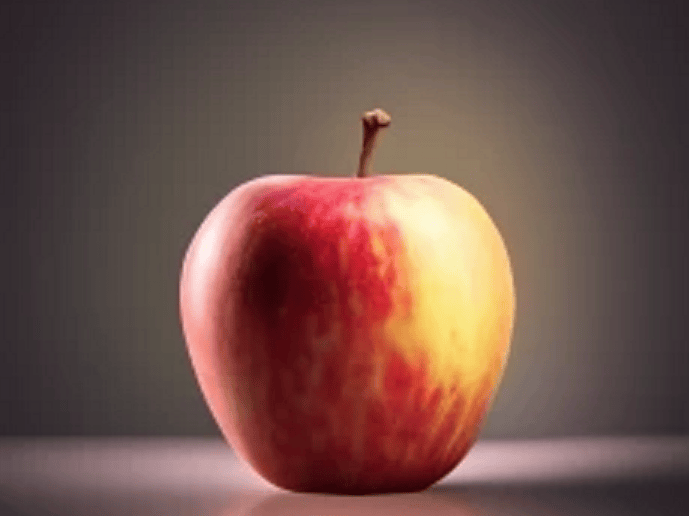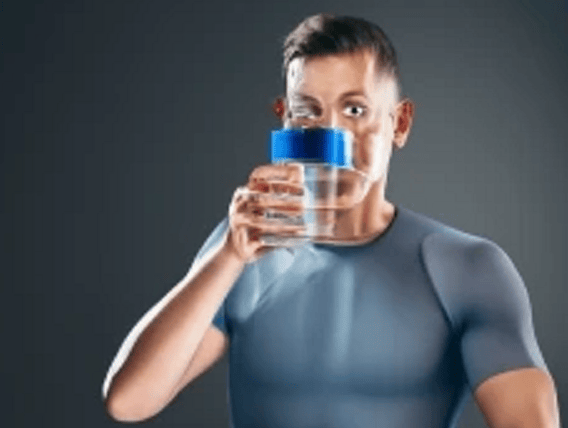When it comes to physical appearance, there are many factors that contribute to our overall look. From genetics to skincare to exercise, there are a lot of things we can do to enhance our appearance. But did you know that what you eat can also have a big impact on how you look? In this article, we’ll explore the link between healthy eating and physical appearance, and show you how to make dietary choices that will help you look and feel your best.
Want to look better with diet, food and nutrition? Read on.
Understanding the Basics of Nutrition
Before we dive into how nutrition impacts our appearance, let’s take a step back and talk about the basics of nutrition. At its core, nutrition is about providing our bodies with the nutrients it needs to function properly. There are six main types of nutrients: carbohydrates, proteins, fats, vitamins, minerals, and water. Each of these nutrients plays a vital role in keeping our bodies healthy, functioning properly and reducing the risk of diabetes and other chronic health conditions and following CDC partner programs.
Looking Better with Macronutrients: Carbohydrates, Proteins, and Fats
The three macronutrients – carbohydrates, proteins, and fats – are the main sources of energy for our bodies. Carbohydrates provide our bodies with quick energy, while proteins and fats provide more sustained energy. Each of these macronutrients also plays a role in maintaining and building our bodies. For example, proteins are essential for building and repairing muscles, while fats are important for brain function and hormone production. Also, see Top 10 Foods That Are Good For Your Skin.
Micronutrients: Vitamins and Minerals
While macronutrients provide our bodies with energy and building blocks, micronutrients – vitamins and minerals – play a more subtle role in keeping our bodies healthy. Vitamins help our bodies perform specific functions, like healing wounds or fighting infections, while minerals help maintain proper bodily functions, like muscle contraction and nerve function.

Water
Water is the most essential nutrient for our bodies. It helps regulate our body temperature, transport nutrients and waste products, and lubricate our joints. Without water, our bodies simply can’t function properly.
How Nutrition Affects Our Body Appearance and Looks
Now that we understand the basics of nutrition, let’s explore how our dietary choices can impact our appearance. There are a few key ways that nutrition affects our physical appearance:
Skin Health
Our skin is the largest organ in our bodies, and it’s often the first thing people notice about us. Eating a healthy diet rich in vitamins and minerals can help keep our skin looking healthy and youthful. In particular, vitamins A, C, and E are important for skin health, as they help protect our skin from damage caused by free radicals.
Hair and Nail Health
Just like our skin, our hair and nails are made up of proteins, so it’s no surprise that eating a diet rich in protein can help keep them looking strong and healthy. Additionally, certain vitamins and minerals – like biotin, iron, and zinc – are important for hair and nail health.

Weight Management
Maintaining a healthy weight is important for overall health, but it can also have a big impact on our appearance. Eating a diet that’s high in processed foods and sugar can lead to weight gain, while a diet rich in whole foods can help maintain a healthy weight and promote a lean physique.
Muscle Tone
Protein is essential for building and maintaining muscle, so eating a diet rich in protein can help promote muscle growth and tone. Additionally, carbohydrates are important for providing the energy needed to power through workouts and build muscle.
Tips for Eating for a Healthy Appearance
So, now that we know how nutrition impacts our appearance, how can we make dietary choices that will help us look and feel our best? Here are a few tips:
Counting Calories
While eating whole, unprocessed foods is important for maintaining a healthy appearance, it’s also important to keep an eye on your calorie intake. Consuming too many calories can lead to weight gain, which can negatively impact your physical appearance.
To determine how many calories you should be consuming each day, you can use an online calculator or consult with a registered dietitian. Once you know your daily calorie needs, you can use a food tracking app or website to track the number of calories you consume each day.
While counting calories can be helpful for weight loss or weight maintenance, it’s important to remember that not all calories are created equal. For example, 100 calories of vegetables will have a different impact on your body than 100 calories of candy.
Instead of solely focusing on calorie counting, try to prioritize eating whole, unprocessed foods and getting a balance of macronutrients and micronutrients in your diet. This will not only help you maintain a healthy weight, but it will also support overall physical appearance and wellbeing.
Looking Better with Focus on Whole Foods
One of the best things you can do for your appearance is to focus on eating whole, unprocessed foods. These foods are packed with nutrients that your body needs to function properly, and they’re often lower in calories than processed foods. Examples of whole foods include fresh fruits and vegetables, whole grains, lean proteins, and healthy fats like avocado and nuts.
“Most people in the United States need to adjust their eating patterns to increase their intake of dietary fiber, calcium, vitamin D, and potassium, according to the Dietary Guidelines for Americans, 2020–2025[PDF-30.6MB]. At the same time, we need to consume less added sugar, saturated fat, and sodium. Here are some ways to get started.”
CDC – NCCDPHP
Stay Hydrated
Drinking enough water is essential for keeping your skin looking healthy and youthful. Aim to drink at least 8 glasses of water per day, and consider adding other hydrating beverages like herbal tea and coconut water to your diet.
Eat a Balanced Diet
Eating a balanced diet that includes all of the macronutrients and micronutrients your body needs is important for maintaining a healthy appearance. Try to include a variety of fruits, vegetables, whole grains, lean proteins, and healthy fats in your diet.
Avoid Processed Foods and Sugar
Processed foods and sugar can wreak havoc on your appearance by causing inflammation, weight gain, and skin problems. Try to avoid these foods as much as possible and instead opt for whole, unprocessed foods.
Consider Supplementation
While it’s always best to get your nutrients from whole foods, there may be times when supplementation is necessary. Talk to your doctor or a registered dietitian to determine if you need to supplement your diet with vitamins, minerals, or other nutrients.
Conclusion – Looking Better with Food
Overall, the link between healthy eating and physical appearance is clear. By making dietary choices that prioritize whole, unprocessed foods and provide your body with the nutrients it needs, you can improve your skin, hair, nails, weight, and muscle tone. Remember, healthy eating isn’t just about looking good – it’s about feeling good, too.
FAQs About Food, Nutrition and Appearance
Can certain foods actually improve my skin?
Yes! Foods that are high in vitamins A, C, and E, as well as antioxidants, can help improve the appearance of your skin.
How much water should I drink per day?
Most experts recommend drinking at least 8 glasses of water per day.
Will eating a healthy diet help me lose weight?
Eating a healthy diet that’s low in processed foods and sugar can help you maintain a healthy weight and promote weight loss if needed.
Can supplementation really make a difference?
Supplementation can be helpful if you’re not getting enough nutrients from your diet, but it’s always best to get your nutrients from whole foods whenever possible.
Are there any specific foods I should avoid for better physical appearance?
Processed foods and sugar are often linked to inflammation, weight gain, and skin problems, so it’s best to avoid these foods as much as possible.